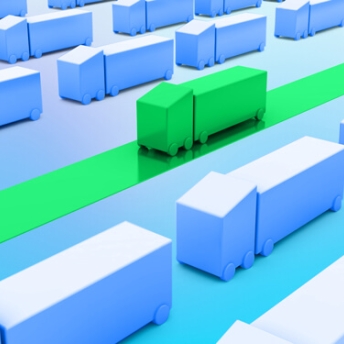Trung Ghi
Partner
Head, Energy & Utilities Practice, South East Asia
Trung is a Partner and Head of the Energy & Utilities with Arthur D. Little (ADL) in Asia Pacific. Prior to moving back to Asia, Trung spent 4 years in the Middle East

Trung has more than 20 years of experience in the oil and gas industry with half that time spent in consulting with a specific focus on advising the Asia Pacific / Australasian, Middle Eastern, and North American E&P clients (both Operators and OFSE) on Project Management challenges such as portfolio and planning, joint venture, and project definition. He has also advised clients on Energy Reform Strategy, Organizational Restructuring, Growth and Diversification Strategy, Technology and Digital Strategy, Hydrocarbon Maturation, and Operational Excellence.
Prior to joining ADL, Trung worked in Schlumberger Business Consulting, Independent Project Analysis, and as an engineer for wireline services with Halliburton.
Trung holds an MBA from Melbourne Business School. He also has a Mechanical and Space Engineering degree (Hons) at the University of Queensland.

“Big enough to survive and small enough to care — we can do it!”


Navigating the voluntary carbon credit market to support net zero targets

Closing the emissions gap through carbon capture, utilization & storage

Succeeding in SEA’s alternative fuel journey

Why the bio-based materials market is finally poised for growth

Trung has more than 20 years of experience in the oil and gas industry with half that time spent in consulting with a specific focus on advising the Asia Pacific / Australasian, Middle Eastern, and North American E&P clients (both Operators and OFSE) on Project Management challenges such as portfolio and planning, joint venture, and project definition. He has also advised clients on Energy Reform Strategy, Organizational Restructuring, Growth and Diversification Strategy, Technology and Digital Strategy, Hydrocarbon Maturation, and Operational Excellence.
Prior to joining ADL, Trung worked in Schlumberger Business Consulting, Independent Project Analysis, and as an engineer for wireline services with Halliburton.
Trung holds an MBA from Melbourne Business School. He also has a Mechanical and Space Engineering degree (Hons) at the University of Queensland.

“Big enough to survive and small enough to care — we can do it!”


Navigating the voluntary carbon credit market to support net zero targets

Closing the emissions gap through carbon capture, utilization & storage

Succeeding in SEA’s alternative fuel journey
